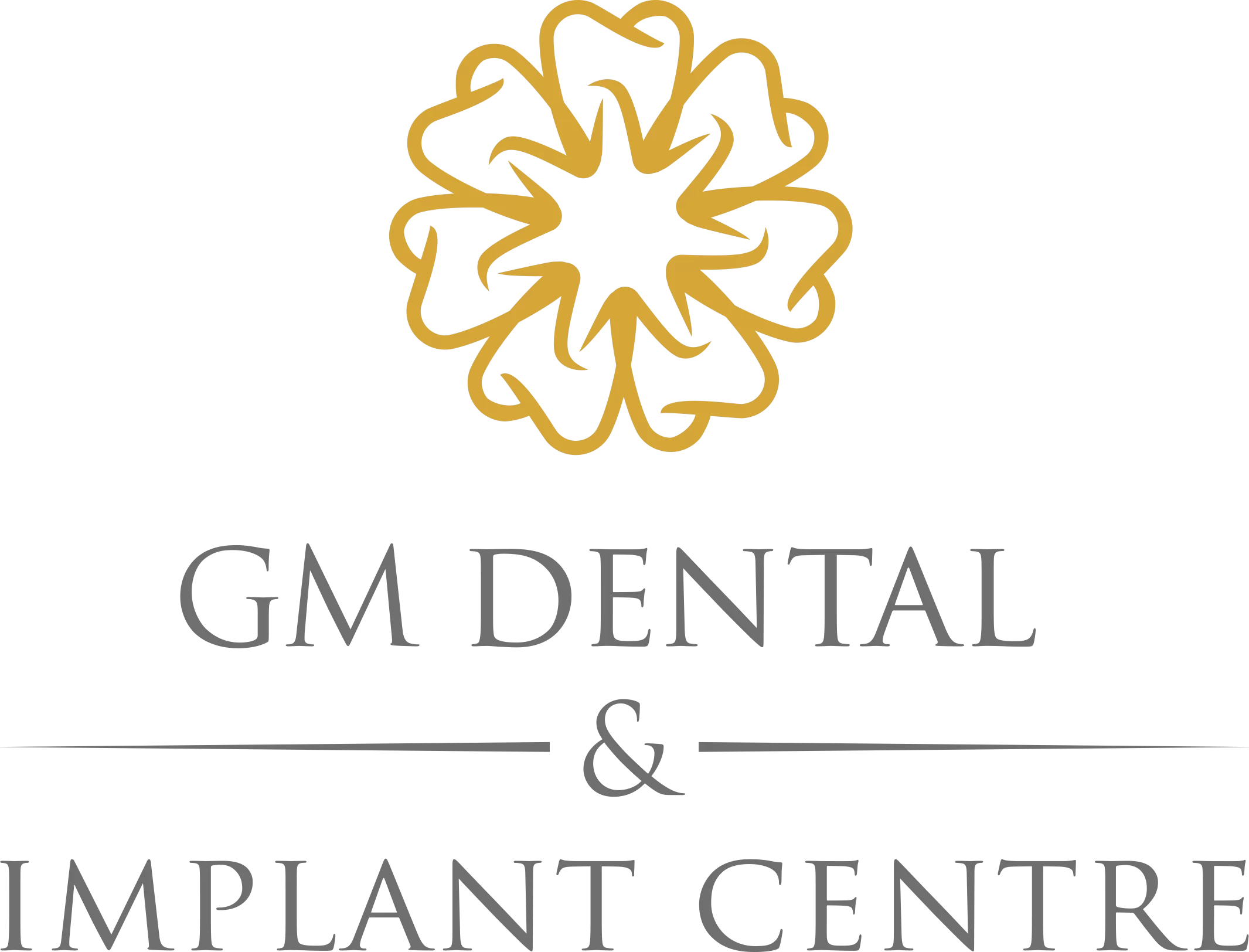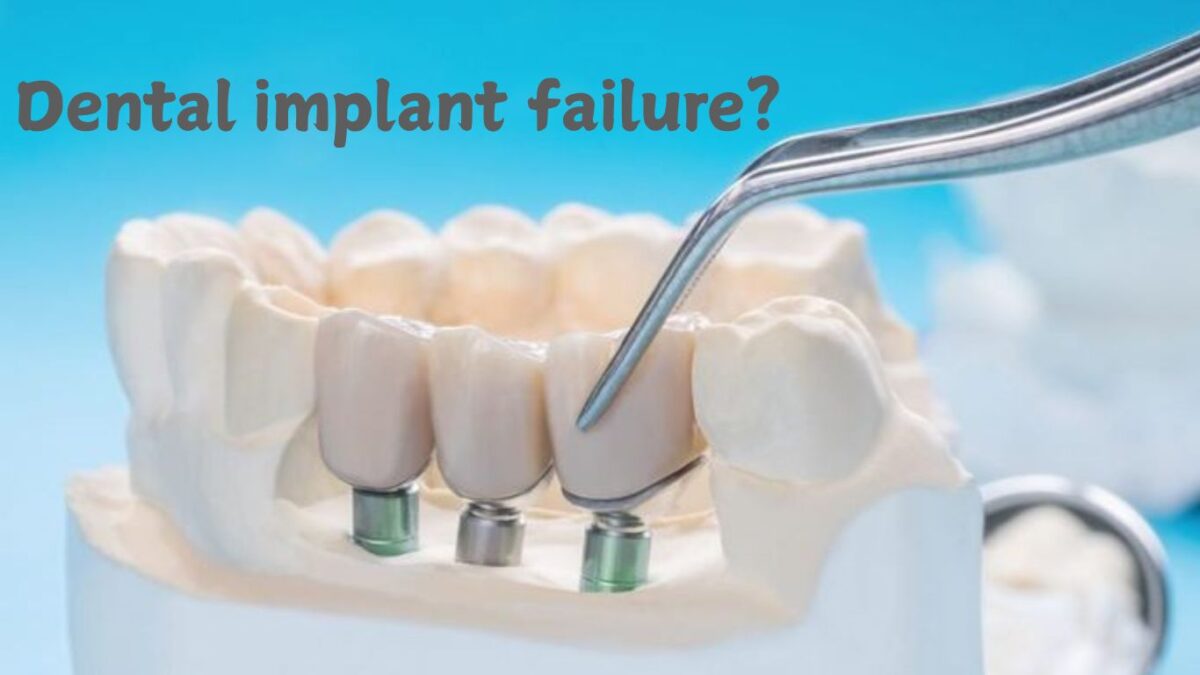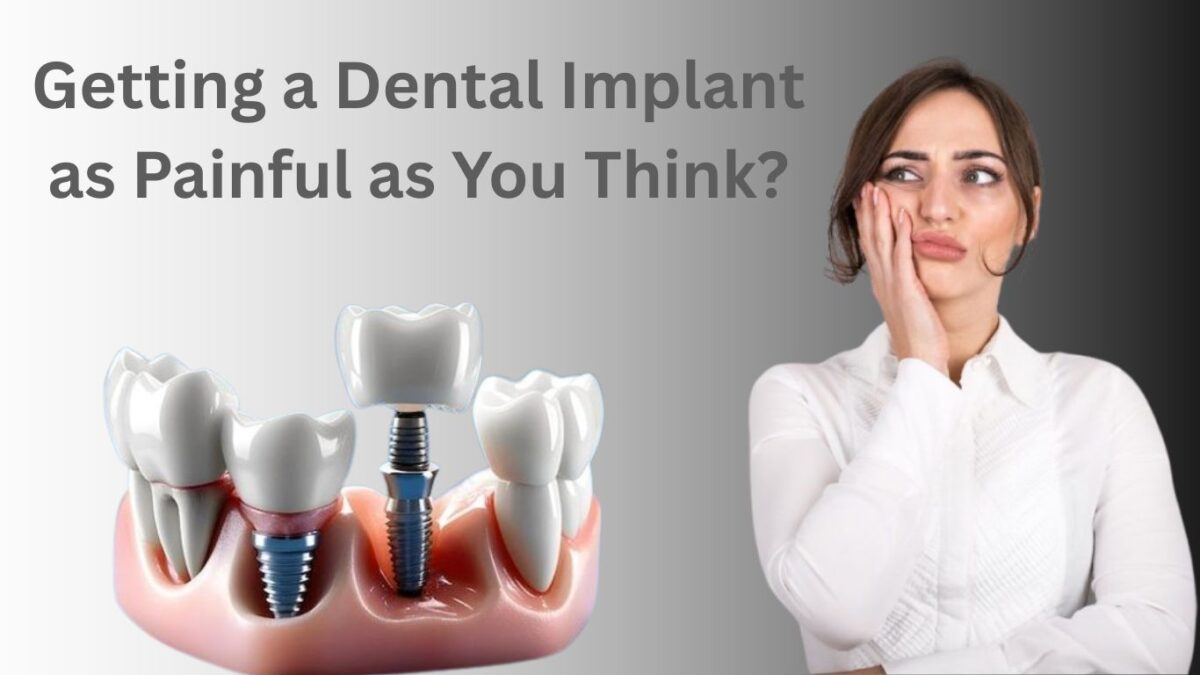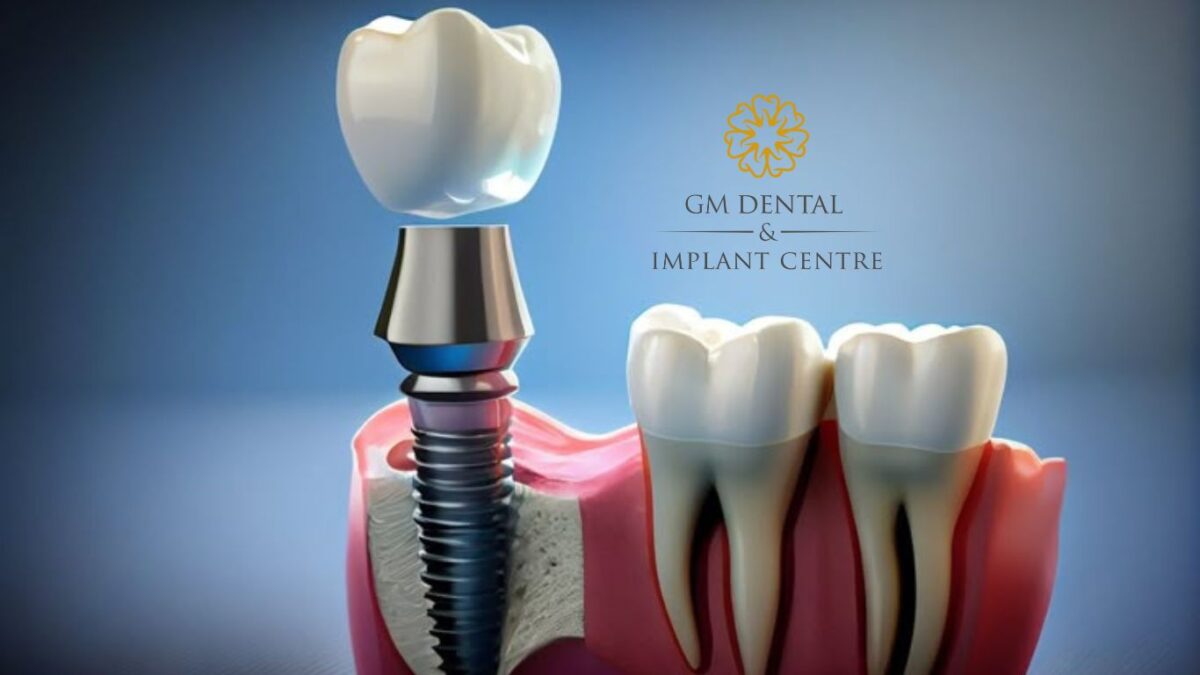Choosing to get dental implants is more than just a cosmetic upgrade it’s a life-changing decision that can restore not only your smile but also your confidence, comfort, and overall well-being. For patients facing the prospect of full-arch tooth loss, the All-on-4 treatment concept offers a stable and secure replacement for teeth. From biting into your favourite foods to speaking and laughing without reservation, patients often report that All-on-4 transforms everyday activities.
Beyond the restorative benefit,s this procedure can erase years of insecurity caused by missing teeth, helping you reclaim your smile and the freedom to live life fully. In the following blog, you’ll read a first-hand account from one of our patients whose journey with All-on-4 implants led to profound improvements in his life. Discover how this revolutionary treatment helped him rediscover his inner beauty and how he now embraces each day with renewed joy.
The impact of tooth loss
Before discovering the All-on-4 solution, James like many others struggled with the daily challenges of missing teeth. Over time, he began avoiding certain foods as chewing became increasingly uncomfortable. More than the physical discomfort, it was the loss of confidence that affected him most. He became self-conscious in social settings, often hesitating to smile or speak freely, worried others would notice. This growing insecurity led him to withdraw from everyday interactions.
Eventually, the discomfort and emotional toll became impossible to ignore. Simple moments like smiling, speaking, or enjoying a meal no longer felt natural. This ongoing struggle pushed him to seek a long-term, reliable solution one that wouldn’t just fill the gaps, but truly restore the function and feel of his smile.
Life-Changing All-on-4 Transformation
When James first heard about the All‑on‑Four treatment at GM Dental, he was understandably skeptical. “Could just four implants really support an entire arch of teeth?” he wondered. Our implant specialist took the time to walk him through exactly how it works. We explained how the strategic placement of four titanium posts could not only restore the appearance of a natural smile but also prevent jawbone deterioration. We showed him scans and diagrams of his teeth, illustrating how this treatment could protect his oral health long-term.
Reassured by this clear explanation, James decided to move forward, confident that an All‑on‑Four implant would be a practical, permanent solution for his missing teeth.
On the day of surgery, James’s anxieties were eased with local anesthesia to completely numb his gums and jaw. “I remember feeling calm and detached,” James recalls. “There was no pain, just a vague awareness of movement around me.” The surgery began with the careful removal of any remaining damaged teeth. Using a pre-planned 3D guide, four titanium implants were strategically placed in James’s jawbone. In just a few hours, he walked out of GM Dental wearing a full arch of temporary teeth. The permanent implants were lightweight but extremely strong, giving him immediate function and confidence after the procedure. Best of all, the shade was perfectly matched to his original teeth no one could tell they weren’t natural.
Over the next few months, James returned for regular check‑ups while his implants bonded with his jawbone in a process called osseointegration. He managed any mild soreness with simple over‑the‑counter pain relievers, allowing him to carry on with daily life without interruption.
Today, James can’t stop smiling—literally. With just four implants, he’s regained not only his teeth but also his self‑esteem, facial support, and the freedom to eat what he loves. It’s proof that, when explained clearly and done right, an All‑on‑Four transformation truly can be life-changing.
Benefits after getting all-on-4 implants
Renewed Confidence: James no longer had to hide his teeth. His new set of teeth helped him regain the confidence he had lost. The implants looked and felt completely natural, allowing him to speak and smile without a second thought. With All-on-4 implants, he could laugh freely, speak confidently in meetings, and finally pose for photos without feeling self-conscious.
Comfort & Function: James noticed a big improvement in how comfortable and natural his mouth felt. He could now eat all the foods he once avoided, like apples, nuts, and crunchy vegetables, without any worry. Everyday activities like chewing, talking, and even laughing became easy again. For James, this new comfort and function made a huge difference in his daily life, helping him enjoy meals and moments without stress.
Emotional and Social Well-Being: Perhaps the most meaningful changes was the emotional relief James felt. “The freedom to smile, speak, and simply be myself again changed everything,” he shared. He became more socially active, reconnected with friends, and started enjoying activities he used to avoid.
Final Testament & Advices from John
James says he couldn’t be more satisfied with his All-on-4 experience at GM Dental. “I feel more confident, comfortable, and genuinely happy than I have in years.” To anyone considering the All-on-4 implant procedure, James offers the following advice:
Trust the Process: Allow yourself to follow the recommended timeline each phase, from temporary teeth to your permanent arch, is designed to build a stronger foundation and deliver the best long-term outcome.
Ask Questions: James emphasizes the importance of asking clear questions, Ask your dentist questions about the timeline, the anesthesia options, what would happen on surgery day, and the care needed afterward. Having answers in hand eliminated surprises and allowed him to approach each phase without anxiety.
Prioritize Follow-Ups: “Attend every scheduled appointment,” James advises. “Stick to your dentist’s instructions for healing and speak up if anything feels off.” These regular check-ups kept his recovery on track and helped manage minor discomfort early on.
Committing to After Care: James notes that he follows a daily routine around his new teeth, brushing twice, flossing around the posts, and scheduling professional cleanings every six months. “That maintenance helped him preserve the results from the procedure.
Make an Appointment
If you’ve been struggling with missing teeth and are ready to take the next step toward a confident, healthy smile, the All-on-4 solution could be the life-changing treatment you’ve been looking for. Don’t wait to reclaim your comfort, appearance, and quality of life book your consultation with GM Dental today and take the first step toward your new smile.
Contact
Get In Touch With Us To Schedule Your Appointment Today!





